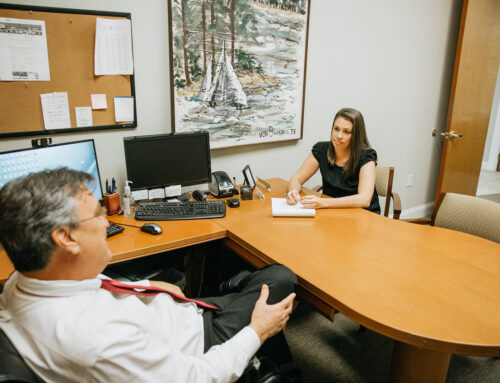You may be familiar with Chapter 7 bankruptcy, but how much do you know about Chapter 13 bankruptcy? Chapter 13 is also known as the “Wage Earner’s Bankruptcy” because it is utilized by people earning money but falling behind in keeping up with credit payments.
In Chapter 7, most assets are sold to pay the debt. By contrast, in Chapter 13, debts are reorganized and paid back via a payment plan. All disposable income during a 3-5 year period is allocated towards debt reduction. So while you may have to live a less luxurious existence for a few years, you have the opportunity to pay off unsecured debt and catch up on mortgage payments.
While you can find a lot of information about Chapter 13 on the internet, sometimes you just need some answers quickly. Let’s take a closer look at Chapter 13 bankruptcy.
- Does Chapter 13 eliminate debt? Each type of bankruptcy handles debt and financial obligations differently. The differentiating characteristic of Chapter 13 is establishing a repayment plan that allows you to keep assets while providing creditors with at least a portion of the money owed to them. This means you will retain some of your debt, but it will be more manageable.
- Will Chapter 13 stop repossession and foreclosure efforts? As soon as you file a Chapter 13 bankruptcy petition, an automatic stay goes into effect. This stay prohibits creditors from harassing you in any way, including through threatening calls and emails. The stay also ensures that repossession and foreclosure actions against you stop, at least temporarily. At your initial consultation, be sure to speak with your bankruptcy attorney about the options available to you. In most cases, when you hire an attorney to assist you, they can contact creditors on your behalf, even if the stay is successfully lifted.
- Is the co-signer protected when a debtor files Chapter 13? People should always carefully consider co-signing a loan, as default has the potential to threaten their own financial security. That being said, the body of law applicable to Chapter 13 includes a special automatic stay that generally protects co-signers regarding consumer debt – debts incurred for “personal, family, or household purpose.”
- Besides filing, are there any other requirements to complete bankruptcy? You will be required by the courts to attend credit counseling before filing bankruptcy. To complete the bankruptcy process, the filer must file a Certification of a Personal Financial Management Course Certificate with the court within 60 days after the first date set for the meeting of creditors. These education courses are available online.
- What debts are required to be paid under Chapter 13? When you file this type of bankruptcy, some debts must be kept current and paid in full. These priority debts include mortgage payments, child support, alimony, state and federal taxes, and wages or benefits owed to employees. Unsecured debts such as credit cards will be paid depending on the value of any nonexempt property, the amount of available disposable income, and the duration of the repayment plan. These debts may be wholly forgiven or may require the filer to pay a portion of the debt.
- Is Chapter 13 for married couples, or should we file individually? Married couples don’t have to work together when it comes to bankruptcy. Sometimes the best strategy is for married couples to file individually. Each option has pros and cons, and your attorney will work with you to decide the best course of action for your situation.
If you live in the Sarasota area and want to learn more about your bankruptcy options, call the law offices of Richard V. Ellis, bankruptcy attorney.





